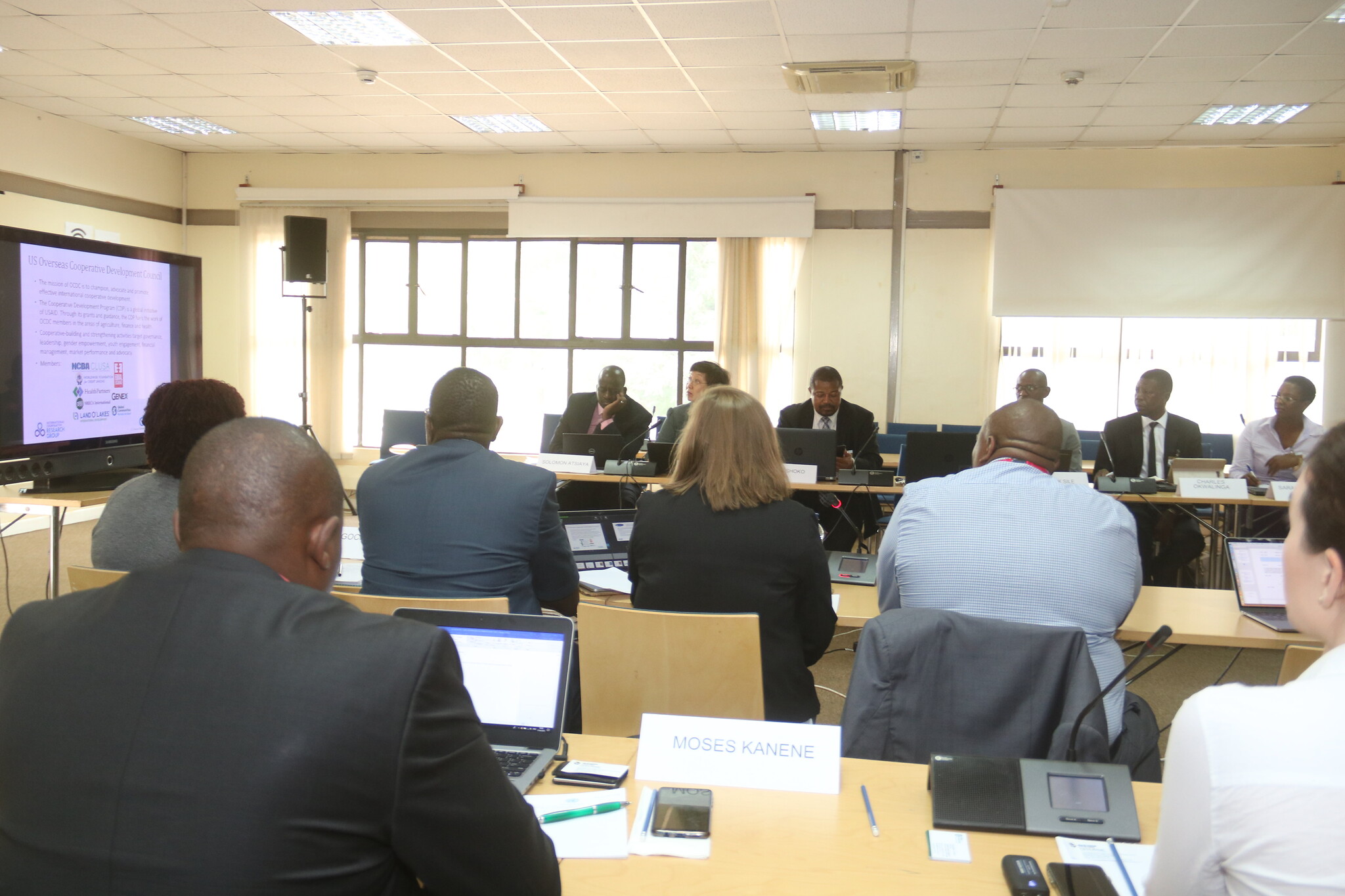
In the 2030 Agenda for sustainable development, Member States recognized the important role of cooperatives, stating that: “we acknowledge the role of the diverse private sector, ranging from micro-enterprises to cooperatives in the implementation of the new Agenda.” The United Nations has also consistently called for the promotion and development of cooperatives as inclusive and socially responsible enterprises with a huge potential for growth.
In its resolution A/RES/72/143 titled Cooperatives in Social Development, adopted in December 2017, the General Assembly recognized that cooperatives, in their various forms, promote the fullest possible participation in the economic and social development of local communities and all people, including women, youth, older persons, persons with disabilities and indigenous peoples, and are becoming a significant factor of economic and social development and contribute to the eradication of poverty and hunger; and further recognized the important contribution and potential of all forms of cooperatives to the follow-up to the World Summit for Social Development.
The Expert Group Meeting (EGM) will be organized by the Division for Inclusive Social Development of the Department of Economic and Social Development; in Nairobi, Kenya, from 26 to 28 March 2019. The EGM will bring together a group of experts on cooperatives, with the view to review and reflect on experiences and lessons gained since the International Year of Cooperative (2012), analyse to what extent previous plans of action have achieved their desired impacts and make policy recommendations in the changing global contexts in particular the 2030 Agenda. The outcome of the EGM, will provide, among others, an expert analysis and policy recommendations that shall inform the preparation of the report of the Secretary-General on the issue concerning cooperatives in social development in 2019.
Specifically, the EGM will focus on the role of cooperatives in providing universal health care and eradicating rural poverty. It will re-establish the social and economic argument for cooperatives, particularly the role played by cooperatives to reduce poverty, employment creation, food security and nutrition, women’s empowerment, and promotion of social inclusion. The EGM will also deepen the understanding of the relationships between the cooperative enterprise model and the SDGs and delivering the outcomes of the world summit on social development.
The meeting will be a three-day event that will allow a robust exchange of national experiences and new ways of thinking that can contribute to achieving the development of the cooperative model of doing business.
Papers
- Global Growth of Cooperatives in the Context of Social and Solidarity Economy - Practice and Story from China by Yuan Peng
- Methods of compiling and Reporting on data by rural cooperatives and how to provide incentives for systematic recording and reporting on data by Charles Okwalinga
- The New Standards for Compiling Data on Cooperatives and How It Can Improve Evidence-based Policy Making in the Cooperative Sector by Marie J. Bouchard
- Healthcare cooperatives: a reliable enterprise model for health and wellbeing
- Promoting Financial Inclusion: How credit unions are bringing financial inclusion to marginalized communities by Patrick Muriuki
Presentations
- Cooperative Development Plans and Capacity Building Development by Tabani Shoko
- Rural Development and environmental protection: Boosting productivity by combining indigenous knowledge and improved Technologies in Wonsho District, Ethiopia by Tsegaye Bekele
- Financing Co-op Dev Thro' National Associations & Other Sources by Solomon Angutsa Atsiaya
- Cooperatives and the Eradication of Poverty by Erick Sile
- The New Standards for Compiling Data on Cooperatives and How It Can Improve Evidence-based Policy Making in the Cooperative Sector by Marie J. Bouchard
- CLARITY - Cooperative Law & Regulation Initiative by Ashley Holst
- The economic case for cooperatives in developed and developing countries: are there any special characteristics in particular country settings: A case of Mondragon, Spain and Kenya by Otieno Steven
- Health Cooperatives: Bringing health care to marginalized communities by Sarah Murungi
- Providing an enabling environment in Rwanda and Policy Space for cooperatives to influence Government Policy by Kigali
- Assessing the success of activities since the International Year of Cooperatives by Joseph Njuguna
- How Credit Unions Are Bringing Financial Inclusion to Marginalised Communities by Patrick Muriuki
Resources
- Cooperatives in social development - Report of the Secretary-General
English | Français | Español | Русский | عربي | 汉语 - Cooperatives in social development - Resolution adopted by the General Assembly on 19 December 2017
English | Français | Español | Русский | عربي | 汉语
 Welcome to the United Nations
Welcome to the United Nations